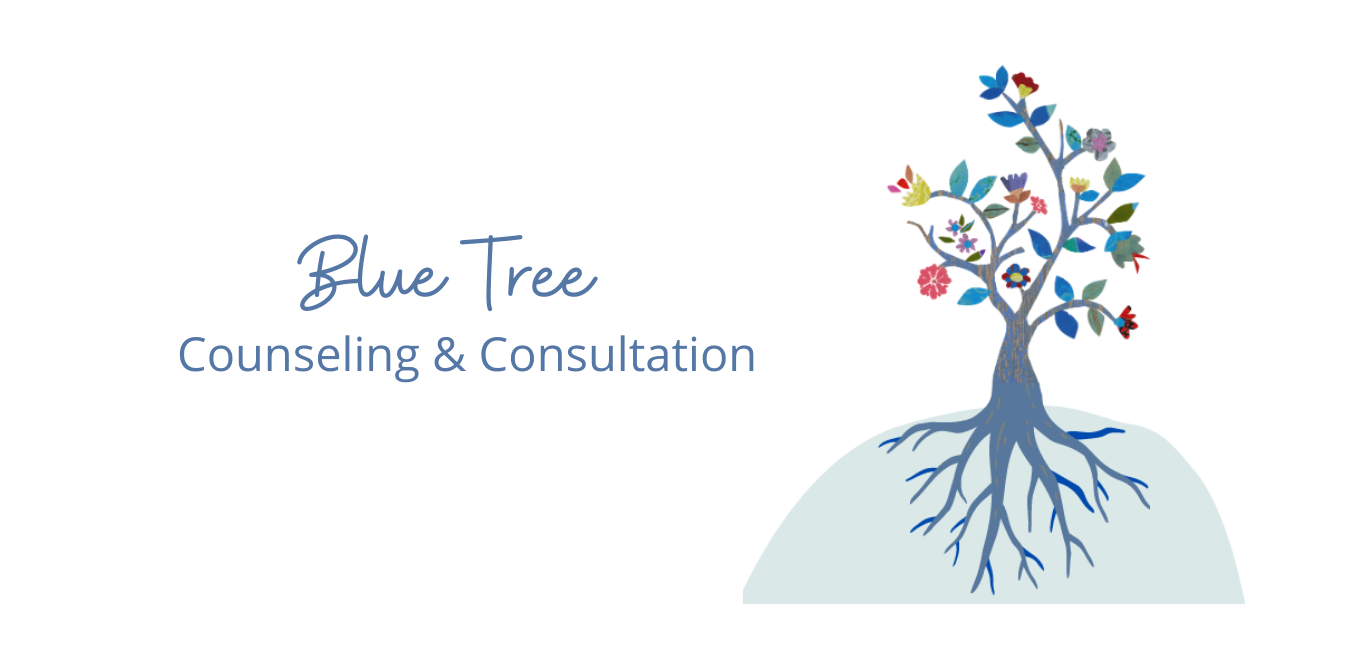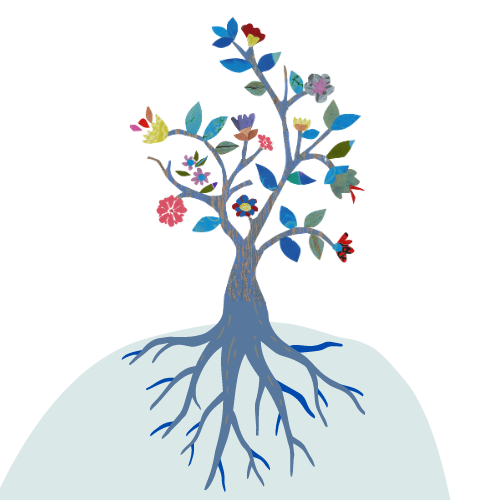Compassion
Think of a time when you felt really discouraged or disappointed, maybe even stressed or angry. What was going on? Who was involved? How did your body physically respond? What were you thinking?
When we’re faced with difficult situations, it can be easy to fall into the trap of beating ourselves up, or having thoughts that we aren’t good enough. Quite often we end up judging ourselves much harsher than we judge others. Not feeling good enough or worthy enough leaves us feeling disconnected and unhappy. It becomes this cycle of negative self-talk that turns into us lacking self-compassion.
Self-compassion, according to Dr. Kristin Neff, is treating yourself like someone you care about, with support, encouragement, and warmth. How many of us find it easier to show compassion to others compared to ourselves? What we might not realize is that our judgment of ourselves ends up exacerbating our pain and struggles.
How we respond, even to the smaller moments, in our lives matters.
There is research that shows that people who respond to difficult situations with more self-compassion experience greater physical and mental health. The quality of our relationships is also improved.
“A moment of self-compassion can change your entire day. A string of such moments can change the course of your life.”
~ Christopher Germer
Take a couple seconds now and write down or think about what you can give yourself permission to think, or feel, or do differently to practice self-compassion. How can you give yourself permission to be honest, stay curious, and try something that might feel uncomfortable?
For this exercise, think of the situation that came up for you as you started reading this article. Again, notice your thoughts and the physical sensations or discomfort in your body.
Then repeat to yourself, “This is a moment of suffering” or “This hurts” or “This is disappointing.” Notice what’s going on for you emotionally right now, without judging it as good or bad. Using mindfulness, you will notice your experience as it is, free of judgment and without getting pulled into the thoughts about the experience. When you are aware of your present experience, there’s also some awareness that it will pass.
Next, say to yourself, “I’m not alone” or “We all struggle in our lives.” By recognizing our common humanity, we don’t feel as isolated or abnormal.
Finally, put your hands over your heart, and feeling your gentle touch, say to yourself, “May I be kind to myself” or “May I forgive myself” or “May I accept myself as I am” or “May I be strong.”
For any of these phrases, repeat what speaks to you in your particular situation. This exercise was adapted from the Greater Good Science Center and can be used as often as you need in an effort to improve your self-compassion.
Mindfulness, common humanity, and self-kindness are all key ways of increasing our self-compassion. Think of these opportunities as planting seeds, watering them, and letting them grow. Trust that there will be growth; sometimes it’s quick, sometimes it’s slow.
And remember to keep giving yourself permission. The idea of talking to yourself or treating yourself this way might sound strange and feel even stranger. But know that you deserve the same compassion you give to everyone else. You deserve to be kind to yourself. You are worthy.


